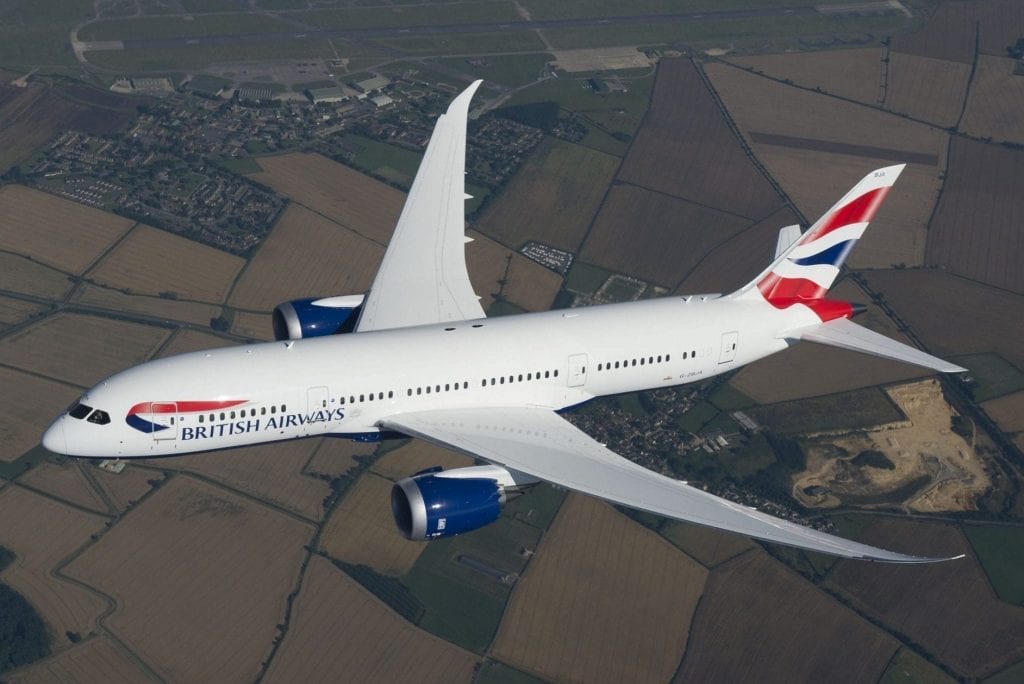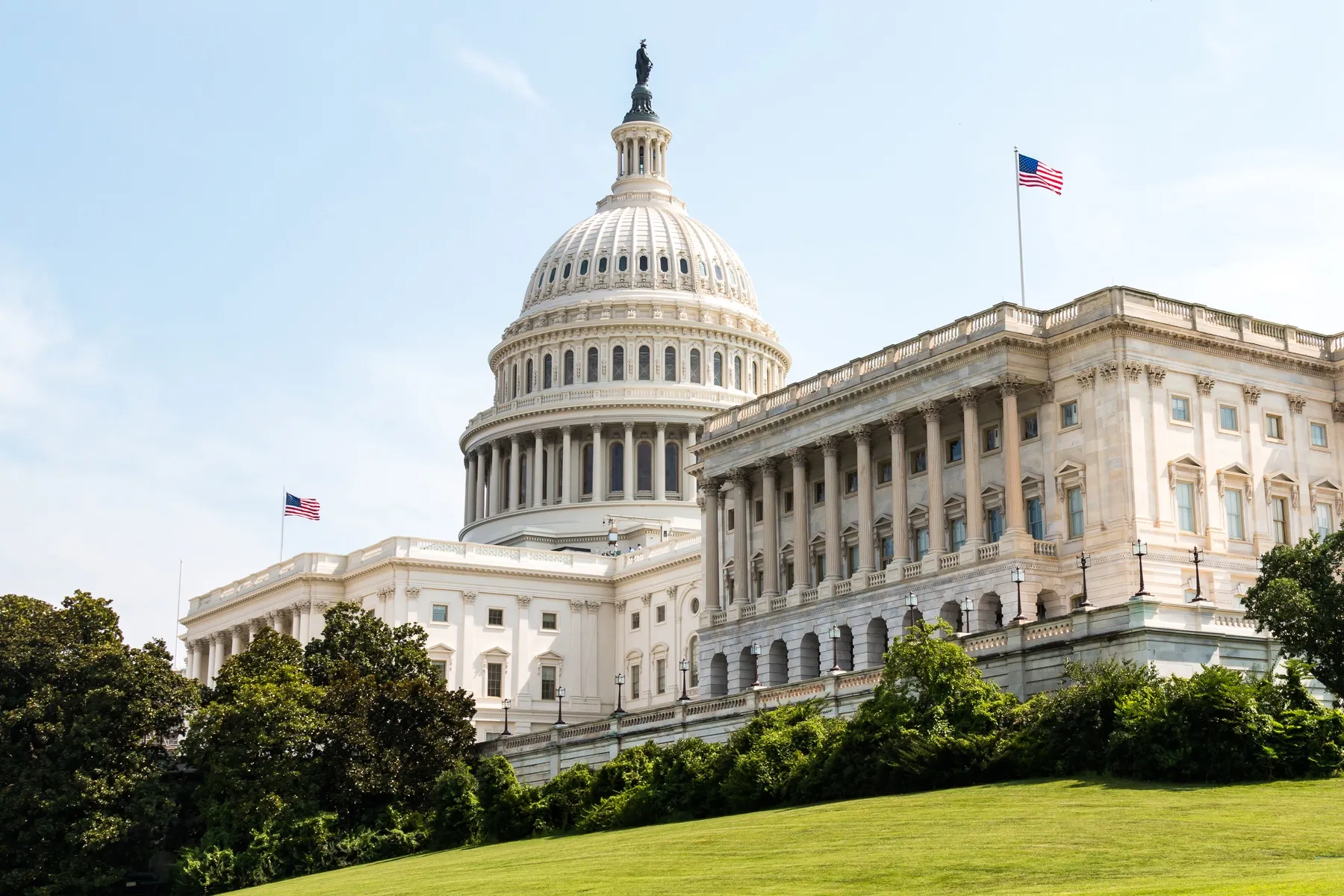British Airways Is Filling In Where South African Airways Is Fading

Skift Take
New aircraft, new routes, new frequencies.
Despite a challenging tourism environment, British Airways keeps piling capacity into southern Africa.
This week, British Airways added four additional Boeing 787-8 services to its double-A380 London-Johannesburg service, for a total of 18 flights per week on the route.
Meanwhile, the South African coastal city of Durban also this week became the latest destination on British Airways' network in Africa, with the introduction of three weekly flights from London Heathrow.
It almost makes one wonder whether South African Airways or British Airways is the real South African national airline.
“Africa has been a real success story for British Airways and there has been significant expansion onto our African route network and capacity in the past 18 months,” said Paolo De Renzis, British Airways’ head of sales for the Middle East, Africa, and Central Asia.
Johannesburg is an excellent bellwether of that expansion. In October 2017, it became one of just two cities on the British Airways network — Los Angeles is the other — with a double-daily A380 service. And, considering both superjumbos sit on the airport apron the entire day, largely because customers on this route prefer overnight flights, it’s a significant hardware commitment.
British Airways has also enjoyed huge success on its London-Cape Town service. After battling restrictive bilateral agreements for years, the tipping point there came in 2012 when South African Airways — to widespread disbelief from the tourism industry — cancelled direct flights between the two cities.
The reason? The route was unprofitable, said South African Airways. British Airways took a different view, and was quick to increase capacity to fill the void. Today, the carrier operates a year-round daily service between London and Cape Town, a schedule that jumps to 17 flights per week during the peak summer season.
Cash-strapped South African Airways did British Airways another favor in February, when it halved its frequencies between Johannesburg and London to a single overnight flight.
Expanding to Durban
While British Airways is expecting a mixture of leisure and business customers for its new London-Durban service, it’s the small- and medium-enterprise market that the airline is hoping to tap into. Durban is home to one of Africa’s largest ports, and is a major manufacturing hub.
The small- and medium-enterprise market “is a segment growing double-digit globally, and there’s a definite opportunity there,” said De Renzis. “We are confident that it will work.”
What will be interesting to watch, though, is the impact the new route has on connecting traffic through Johannesburg. Local aviation company Comair has a franchise agreement with British Airways, and offers multiple daily services between Johannesburg and Durban. The new direct service may tempt clients — particularly time-sensitive business travelers — to scrap a tedious connection.
It’s not only continental Africa that is showing growth. In late-2017 British Airways increased capacity to Mauritius, and in March this year launched twice-weekly direct flights from London to the Seychelles.
Some Challenges
But growing its African network has not been without challenges.
When British Airways shifted a number of routes, including Accra, Las Vegas, Nairobi and Vancouver, to Heathrow’s Terminal 3, West African passengers were none too pleased. Local businesses pledged a boycott, and government officials made their displeasure known. Even Ghanaian President Nana Addo Dankwa Akufo-Addo is reported to have complained to the airline about the move.
The ongoing issue of African central banks withholding funds from airlines has also stifled growth in a number of destinations.
Though De Renzis said the airline cancelled its service to Luanda, Angola “because we were not happy with the performance,” the inability to repatriate earnings must surely have factored in the decision. Angola is one of the worst offenders in withholding funds, and currently owes $386 million to global airlines.
Nigeria, on the other hand, has cleared its backlog of payments. So is it just coincidence that British Airways last year expanded its service to Lagos, introducing a newly refurbished 747-400, with the latest in-flight product and larger business class, on the route? Perhaps, but it’s handy timing for certain.
And British Airways is facing growing competition on in upping capacity and frequencies into the region, from the likes of Lufthansa, Edelweiss and Virgin Atlantic competing on key routes. In October 2018, Austrian Airlines relaunched its Vienna-Cape Town service after a 19-year absence.





